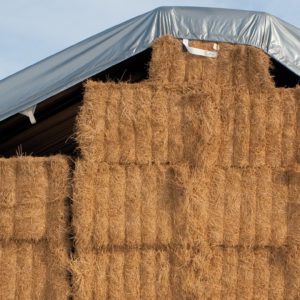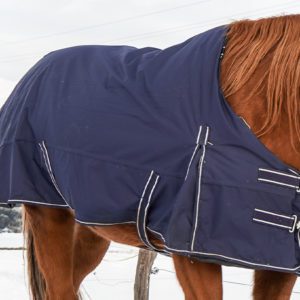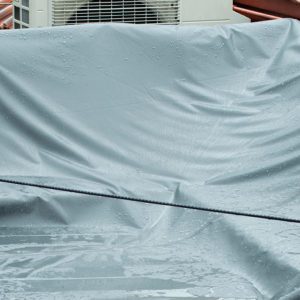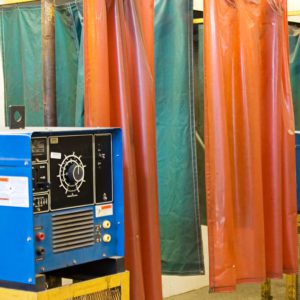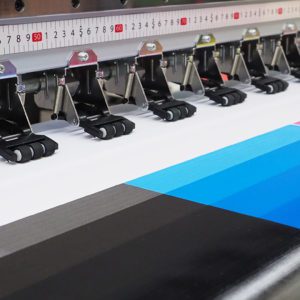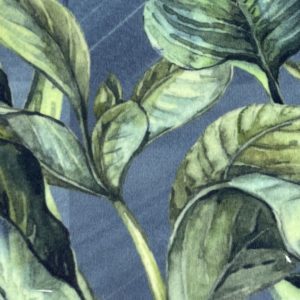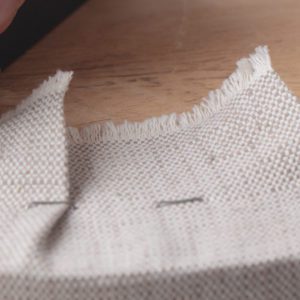The Global Organic Textile Standard (GOTS) is the worldwide leading textile processing standard for organic fibers, including ecological and social criteria, backed up by independent third-party certification of the entire textile supply chain. GOTS certification builds upon four distinctive and unique features:
- Organic Fibers
- Ecological and Social Criteria
- All Processing Stages
- Third-Party Certification
What are organic fibers?
Organic fibers are natural fibers grown without the use of synthetic pesticides, insecticides, or herbicides and GMOs (Genetic Modified Organisms) according to the principles of organic agriculture. Organic agriculture is a production process that sustains the health of ecosystems, soils, and people.
Organic fibers play multifaceted roles in creating an industry that actively lowers its environmental impact and prioritizes human health over short-term profit. A textile product carrying the GOTS label must contain a minimum of 70% certified organic fibers. A product with the label grade ‘organic’ must contain a minimum of 95% certified organic fibers. There are two possible labels under GOTS: “Organic” or “Made with X% Organic Materials”.
What social and ecological criteria does GOTS mandate?
GOTS evaluates the processing and manufacturing of textiles based on both environmental and social criteria. Every process of an organic yarn is tracked: from growing, harvesting, spinning, weaving, mill processing, to the end-user. This creates a chain of certified organizations qualified and approved that follow ecological and social criteria for the good of our environment.
This means assessing everything from the chemical inputs being used to the ethical treatment of workers. To become GOTS certified, it is mandatory to meet all of the following social criteria.
- Employment is freely chosen
- Employers are free to associate and have rights to collective bargaining
- No child labor
- Safe and hygienic working conditions
- Equal Opportunity Employer. Anti-Harassment, Non-Retaliation, and Whistleblower policies
- Employees may nominate a Social Accountability Representative
- Can speak to management on behalf of employees regarding social issues such as those listed above
What processing stages does GOTS evaluate?
The GOTS certification system starts with the first processing step in the textile supply chain. The processing of textiles is based on the conversion of fiber into yarn and yarn into fabric. For example, for cotton, ginning is the first processing stage, at which seeds are removed from cotton balls. Organic fiber cultivation, the initial production, is covered by any international or national organic farming standard that is approved in the IFOAM Family of Standards. All steps in the processing, manufacturing, and trading of organic textiles are covered by GOTS. All must be certified to strict ecological and social criteria in order for the product to carry the GOTS label.
What are GOTS certification and inspection processes?
The GOTS Standard covers the processing, manufacturing, packaging, labeling, trading, and distribution of all textiles made from at least 70% certified organic fibers.
On-site inspection and certification of processors, manufacturers and traders are performed by independent third-party GOTS accredited certification bodies and forms the basis of the GOTS monitoring system. It serves to provide a credible assurance for the integrity of GOTS-certified textiles.
GOTS has developed its own accreditation system for this approval process as well as for continuous monitoring of the approved certification bodies.
Once certified, each facility is inspected once a year to maintain GOTS certification.
